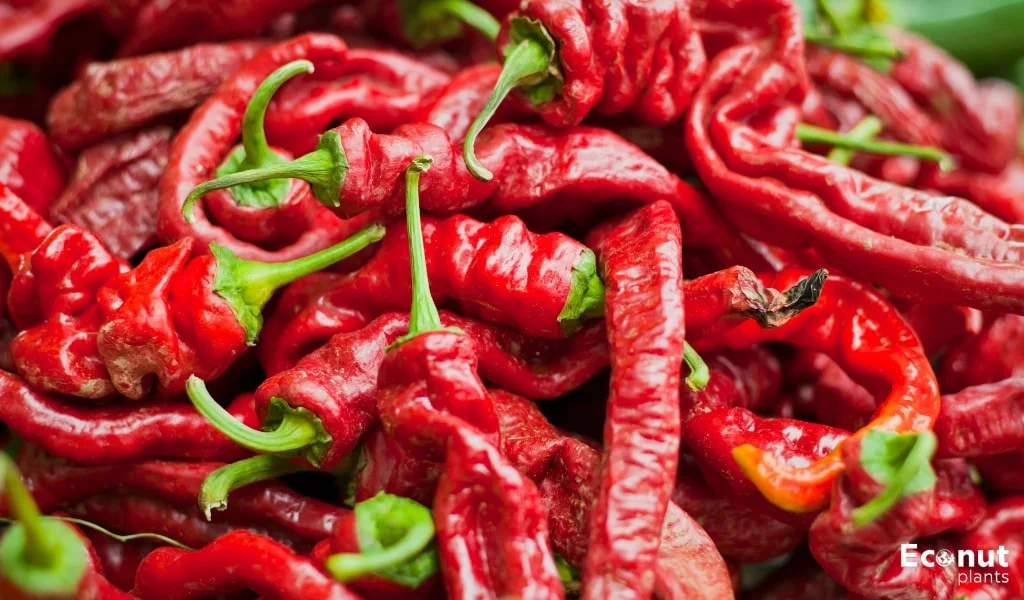Food festivals have surged in popularity across the United States, transforming from small local gatherings into major events that attract thousands of attendees and significantly boost local economies. These festivals not only celebrate diverse culinary traditions but also serve as a vital platform for local restaurants, chefs, and food artisans to showcase their talents and products.
Major food festivals like the Taste of Chicago and the Food & Wine Classic in Aspen draw massive crowds, providing a unique opportunity for food lovers to sample a wide variety of dishes and beverages. These events often feature local ingredients, emphasizing the importance of regional cuisine and supporting local agriculture. By bringing together food enthusiasts and industry professionals, these festivals create a vibrant atmosphere that fosters community engagement and collaboration.
From quirky neighborhood events to large-scale attractions, food festivals have become a significant driver of tourism and economic development. They generate income for local businesses through increased foot traffic and encourage visitors to explore surrounding areas, including shops, galleries, and cultural attractions. Hotels and restaurants benefit from the influx of visitors, while local vendors often see a surge in sales during festival weekends.
One notable example is the Food Network New York City Wine & Food Festival, which has recently announced a move to Brooklyn. This change reflects the growing interest in Brooklyn’s culinary scene and its appeal as a vibrant destination for food lovers. The festival not only highlights the talent of local chefs but also positions Brooklyn as a key player in the national food landscape, attracting attention and business to the area.
Moreover, food festivals often emphasize sustainability and community involvement, showcasing local farms and artisans. Many festivals include educational components, such as cooking demonstrations and workshops, that engage attendees and promote awareness of food issues, including sourcing, nutrition, and sustainability practices. This educational aspect enhances the overall experience and helps foster a deeper appreciation for the culinary arts.
As food festivals continue to grow in popularity, they also contribute to a sense of identity and pride within communities. They bring people together to celebrate culture, tradition, and innovation in food, creating lasting memories and connections. In an era where consumers are increasingly interested in unique dining experiences and local flavors, food festivals provide the perfect platform for culinary exploration.
As we look to the future, the impact of food festivals on local economies is expected to grow. With their ability to attract diverse audiences and foster community connections, these events will continue to play a vital role in promoting culinary tourism and supporting local economies. As more cities and towns recognize the value of food festivals, we can anticipate even more innovative and exciting events that highlight the rich tapestry of American cuisine.



